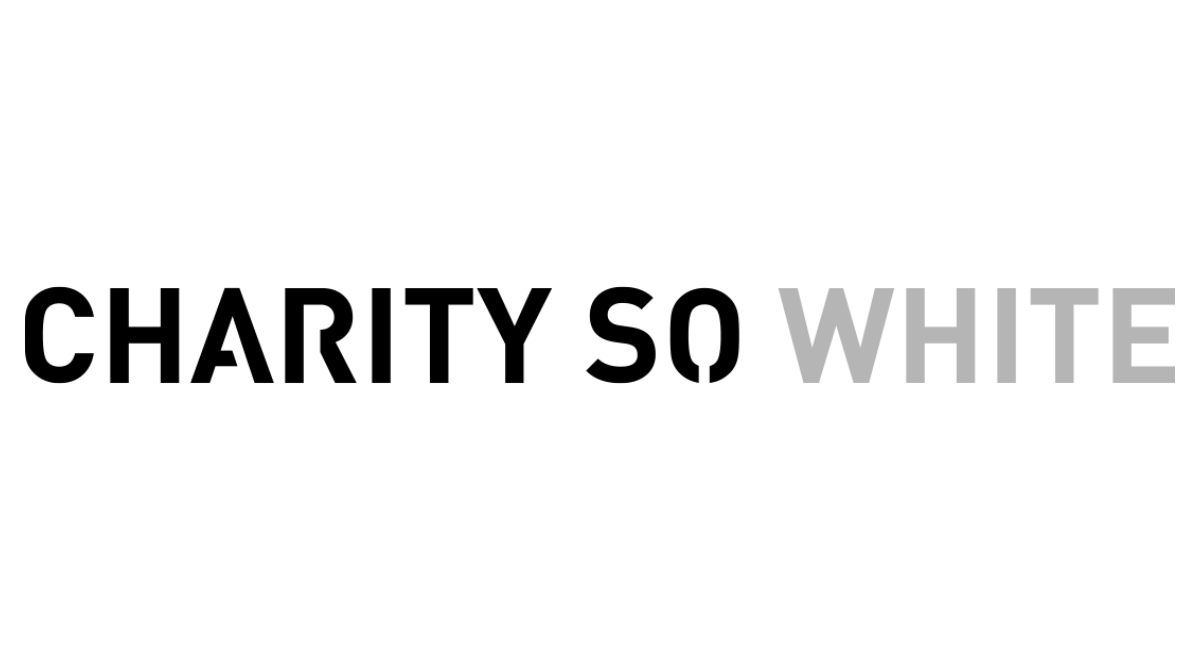Doing Diversity Differently
By Takyiwa Danso
What does the ‘white gaze’ look like? How would you visualise internalised racial oppression? What does development look like to you?
As a development professional, I’ve asked myself these questions, becoming ever more conscious of my existence as a ‘minority’. In a sector that seeks to help people that look like me but refuses to be governed by us, I wondered how we could start to challenge this? Embarking on a journey of creative practice, I used collaging to critically reflect on the lack of racial diversity in the charity sector, international development in particular. The difficulty to effectively start conversations on race and diversity suggested to me that solutions were beyond language, so collaging offered a more useful alternative to express myself.
Systemic Racism in Development: What does it look like?
Division and Inclusion
We know that many renowned and established charities are ‘built on historical “white saviour” structures that perpetuate a paternalistic model of doing things to people, or for people, rather than with people’ (Mason, 2020). ‘Division and Inclusion’ conveys my current reality of diversity in the sector, depicting the clear power divide across the landscape. The ideology of international development upholds structures of oppression by its very nature which is evident in the illustrations of who holds the power, i.e. the Global North and Global South dynamic, the positional superiority of Western knowledge, and the white male senior majority within institutions (Tuhiwai Smith, 2012; Kinoti, 2019). Our inability to have conversations around these topics allow underlying power dynamics to continue and ultimately delegitimise concerns of people that look like me. Yet by not openly discussing how these very real and obvious structures manifest in everyday working conditions, in everything from programme design to daily micro-aggressions, the sector will not be able to evolve, making divisions even starker.
How does it feel?
The Gaze
As a Black woman, I am constantly self-conscious of the predominant stereotypes surrounding Black people in the British society, as well as those held within the international development context - usually as poor, less-educated, weak and in constant need of help. ‘The Gaze’ expresses these feelings of anxiety in how others perceive me and my community – eyes watching and policing the way I talk, act and use my body. Where did I fit in the narrative of the white, male, Western-centric development agenda? In creating this collage, I constantly questioned the structures I worked within whilst navigating the complexity of Western guilt. If we don’t explicitly challenge these dynamics, are we also complicit to the problem and ultimately undermine efforts to create change?
How can we change it?
The Future, The Now
So how can we move forward, decolonise our mindset and reimagine development? I wanted to challenge the Western-centric narrative and instead centre it on black femininity – strong, vibrant and powerful. A new system is needed with a different set of rules, centring on representation of women from the African diaspora – development should be more female, more black, more collaborative. Reconstructing and reorganising old images to create a loud and vibrant collage was an empowering process, and symbolic of the necessary change that I, and many others, envisage for this sector.
As social change actors, we need to continuously challenge our actions and the systems we work within to fully dismantle oppressive structures. As Kinoti (2019) aptly shares, “Decolonization means recognizing that development is not a linear race to the finish, rather, it is a cyclical process that is always informing itself, making changes, and reiterating when needed”. Similarly, I found collaging to be a dynamic process, allowing me to create rich, diverse and multi-layered stories, to reflect the complex nature of systemic racism. I believe that by making more visual statements about our experiences, collectively, we can rebuild the system to be better.
Follow Takyiwa Danso:
Twitter: @Tatch09
Instagram: @PowerinPieces
References:
Mason, T. (2020) Facing Up to Racism in the Charity Sector, Civil Society News, 16th March, Available at: https://www.civilsociety.co.uk/governance/tania-mason-facing-up-to-racism-in-the-charity-sector.html [accessed 16th March 2020]
Smith, M. (2013) 'Keeping a learning journal', in The Encyclopaedia of Informal Education, Available at: https://infed.org/mobi/writing-and-keeping-journals-a-guide-for-educators-and-social-practitioners/ [accessed 12th February 2020]
Tuhiwai Smith, L. (2012) Decolonizing Methodologies, London: Zed Books



